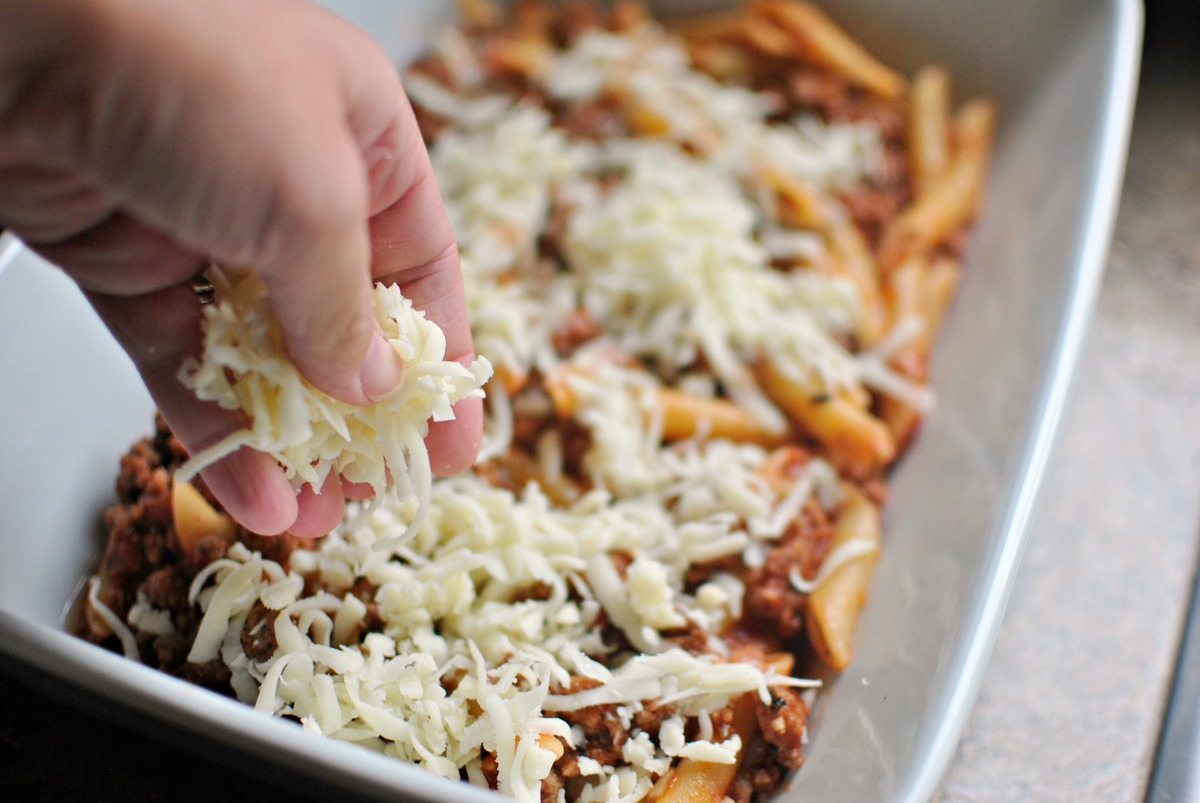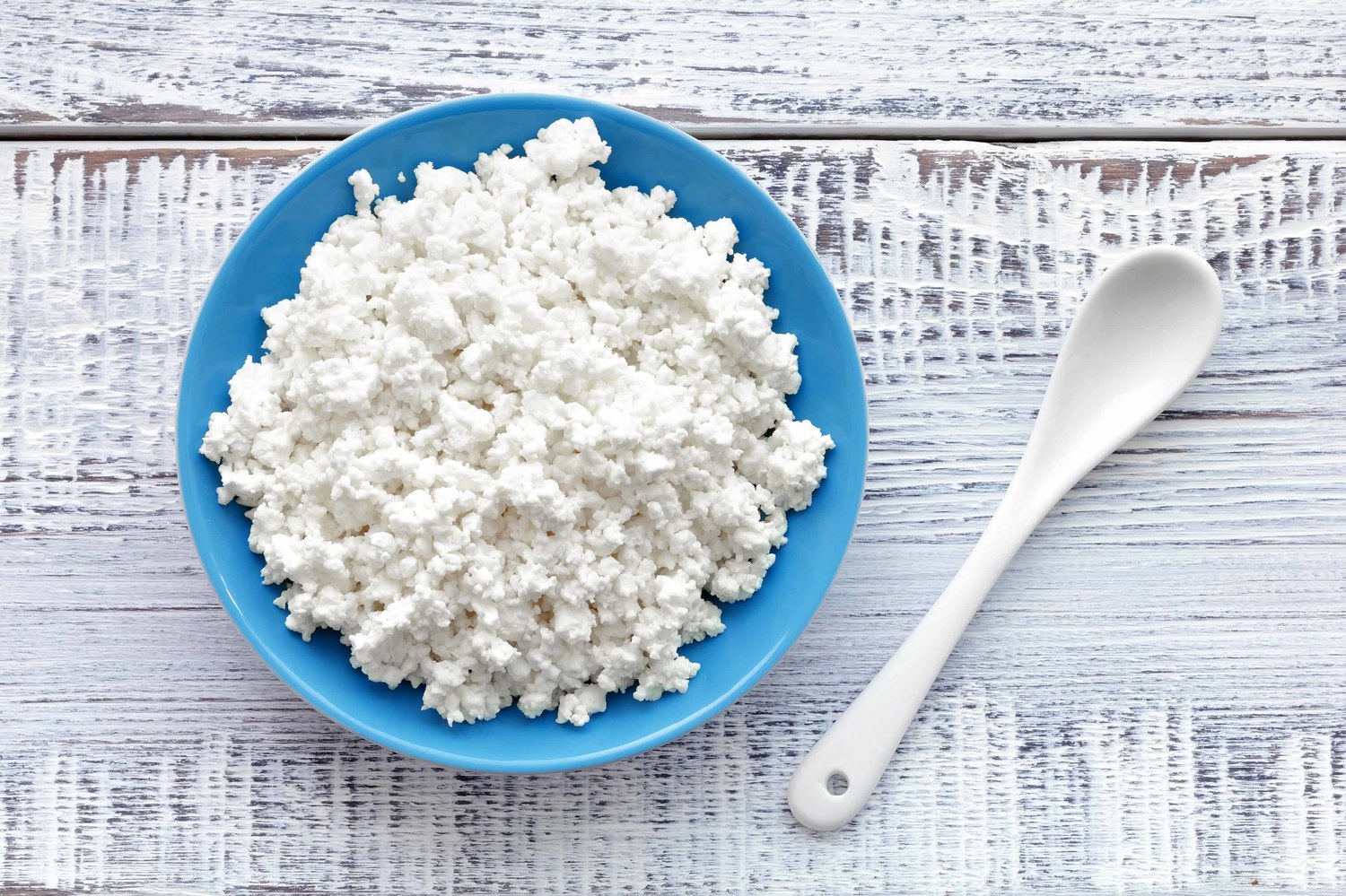For those of us who are tolerant to lactose (and daily thank our lucky stars for the genetics to be as such) cheese is a delicious appetizer or side dish and a commonly incorporated ingredient into some of the most popular dishes out there. Cheeseburgers, pizza, macaroni and cheese, anything alfredo; the list goes on and on and on.
There’s no question of cheese in our culinary culture, but should it be a part of your diet when taking muscle-building into consideration? Let’s break cheese down and see if and how it fits into your quest for gains.
The Benefits of Cheese For Bodybuilding & Muscle Growth
One thing we should start off with, is that not all cheese is the same, especially when bodybuilding is the same. A brick of sharp cheddar is going to have a drastically different nutritional value as a tub of cottage cheese.
Cheese and Protein
One thing that is true across the board is that cheese is high in protein. Protein, as you know, is what bodybuilders strive to have most of their calories come from. Protein provides all of those great amino acids that help your muscles get big after pumping iron, and you need a lot of it to grow.
The general rule of thumb for protein intake for building muscle is 1g per pound of bodyweight. If you weigh 180lbs, you’re going to need some protein-rich food in your diet to get to those 180g. Depending on the cheese, you could be getting anywhere from 8g to 24g per serving.
Casein and Protein
Another benefit of adding cheese to your diet is that cheese is a great natural source of casein. Casein is a type of protein that your body breaks down slowly. Most protein shakes, unless specified, contain other sources of protein that your body breaks down quickly. This isn’t necessarily a bad thing, but ideally you want a good mix of slow and fast-release proteins in your diet, which ensures that your muscles are constantly being fed with protein. Fast-release proteins are the best for post-workout, when your body is starved and your muscle fibers are torn and rebuilding themselves.
In addition to being great sources of protein as a macronutrient and casein protein as a slow-release muscle builder, cheese is dense calorically. This isn’t going to be ideal for someone on a weight loss diet and exercise plan; but hey, we’re trying to grow here. The goal when bulking is to be at a caloric surplus, and getting all of those calories in is hard. Sneaking some cheese into your diet can be a great way to pad those calories.
Now, I’m not saying to start cramming Kraft Singles into your mouth to bulk up, but sprinkling some extra mozzarella into that pasta is going to up those calories and help get you into muscle-building territory when it comes to nutrients.
The Drawbacks of Cheese For Bodybuilding & Muscle Growth
Lactose Intolerance
Unfortunately, cheese isn’t all sunshine and daydreams, there are some downsides. The first, and biggest con to cheese is that not everyone can process it. Many adults are lactose intolerant or become lactose intolerant at some point in their lives. It can be a gradual or sudden change, which makes dairy a little too exclusive to be one of the bodybuilding-standard staple foods. Lactose intolerance is wholly up to genetics, and some of you may go your whole life without developing an intolerance.
High Fat Content
Another downside to cheese, and the reason why it can be the enemy to those trying to lose weight, is that most kinds of cheese are high in fat. Some fat is healthy in your diet, but if you’re bulking your calories from fat are nearing your calories from protein, you’re going to have a weight problem on your hands, and your thighs, and your stomach and everywhere else. Cheese in moderation, like everything else, can be a good addition to your diet to help you bulk up, but too much will blow you up like a balloon.
High Cholesterol Content
If you’re watching your cholesterol, a good portion of the different varieties of cheese will be off the table. Aside from low-fat varieties of cheese, as well as part-skim ricotta and cottage cheese, pretty much all cheese is high in cholesterol. Cholesterol levels can become hazardous, especially in older age, and present health complications such as an elevated risk of heart disease, high blood pressure and diabetes.
These are all very serious health risks and should not be taken lightly. If your doctor advises you against ANYTHING, you’re better off listening to them than risking it for an inch on your biceps.
What Kind of Cheese Should You Eat?
If you’re trying to pack on the calories and you don’t mind a little fat and cholesterol, reach for any cheese you like. However, most cheeses are high in these nutritional values and should not be consumed in bulk.
Cottage Cheese
One of the go-to bodybuilding foods, and a long-time fitness community favorite is cottage cheese (pictured above). Cottage cheese, compared to other cheeses, has a great protein-to-everything else ratio, so you don’t have to watch your intake as much. Lower in fat, lower in carbs and lower in total calories, cottage cheese isn’t going to pack on the bulk like other kinds of cheese; but nutritionally speaking, it is significantly healthier to consume.
Another fun fact for you, cottage cheese actually contains one of the purest forms of casein protein found in any type of food. So pure, in fact, that cottage cheese has been named one of the Top 10 best muscle-building foods of all time by numerous fitness publications.
Low-Fat Cheeses
As a general rule, any cheese that is low in fat content is likely going to be good for bodybuilding. You’re going to want to avoid high sodium counts if you’re concerned with your cholesterol levels and a few other nutritional hazards. Choose what makes sense for your diet, you can’t eat buckets of cheese, but as a supplement cheese can be highly useful for bodybuilders. Aim for high protein/calorie ratios.
Final Thoughts
Cheese is in too many foods to avoid it completely if you don’t have a lactose intolerance – so embrace it! (in moderation, of course) Cheese can be a great calorie booster and source of the slow-burning casein protein, making it a great late night snack, so your muscles can still be fed while you sleep. If you’re watching your fat intake or cholesterol, it’s best to steer towards cottage cheese to keep that high protein content without the high fat and calorie count.
While cheese is by no means integral to a bodybuilding diet, it can be a useful addition and a great way to change up your diet and treat yourself a little. Remember: moderation is key, and if you feel yourself slipping on the calories or you want to lean out, reach for the cottage cheese.

